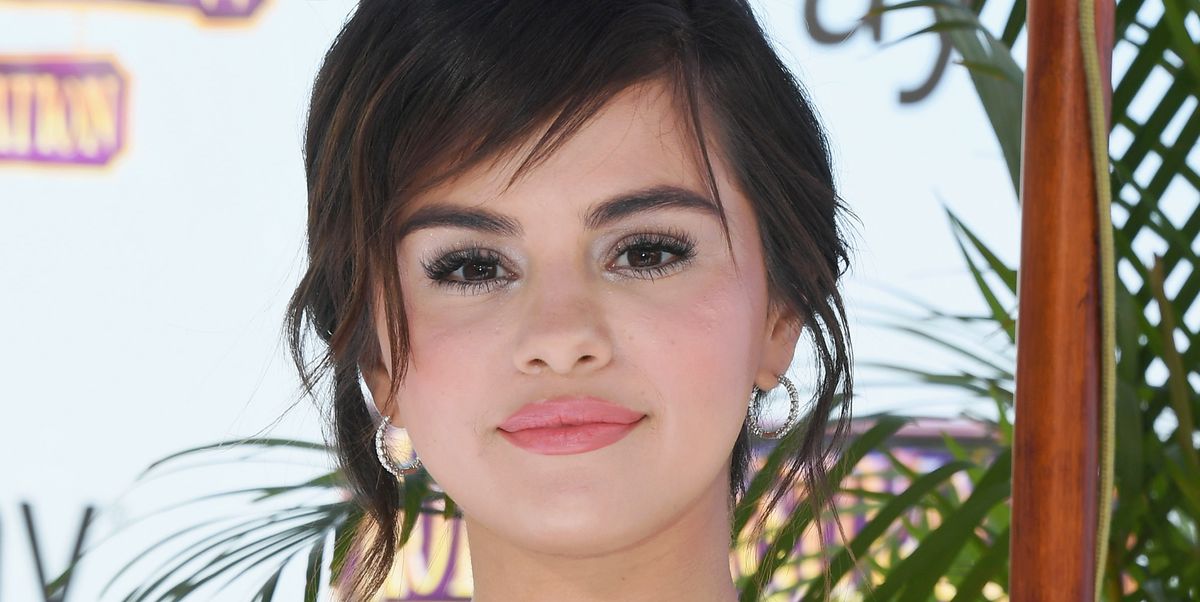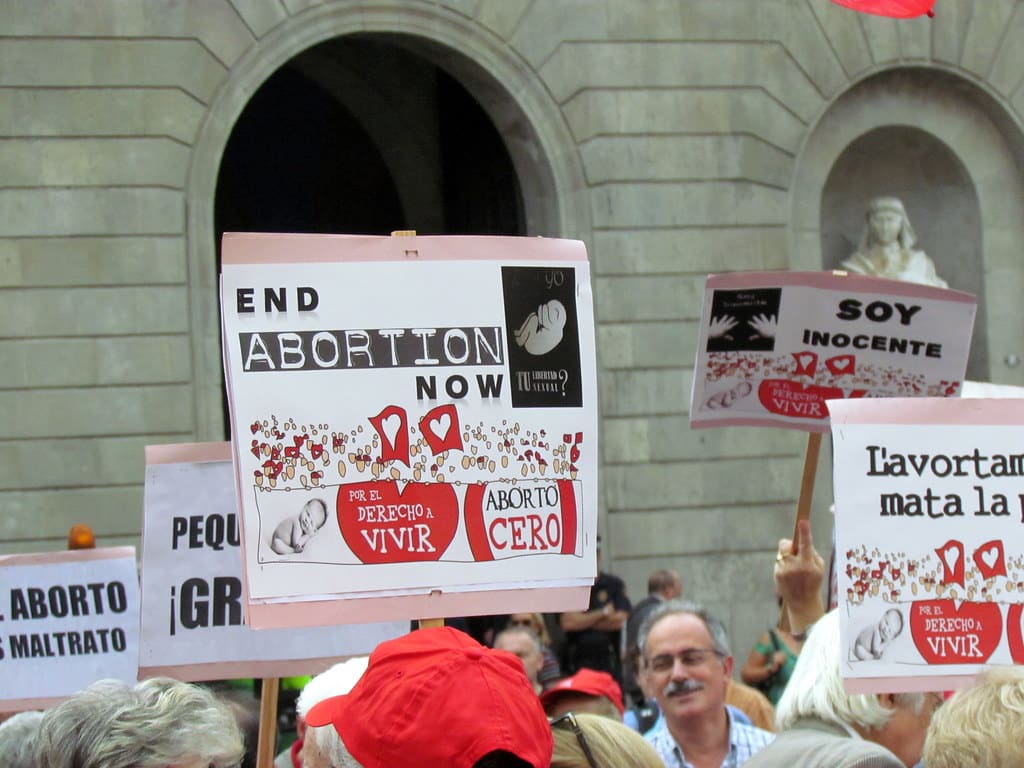Selena Gomez seems to be in a good place right now. After taking a much-needed break from social mediathis link opens in a new tab, the singer launched a successful athleisure collection with Pumathis link opens in a new tab, celebrating strong women, and also collaborated with Julia Michaels for a song called “Anxiety” that’s all about having loved ones who can’t relate to your mental health struggles.
She’s still been pretty quiet on the ‘gram but made a rare appearance on her Stories yesterday to call out Snapchat for promoting negative beauty stereotypes. In a series of videos, she shared how all the “pretty” filters on the social media platform changed her brown eyes to blue, yet all the “funny” and “ugly” filters keep her natural eye color.
“Literally every single Snapchat filter has blue eyes,” she said in the video while using a “cute” filter with glasses that lightened her eye color. “What if you have brown eyes?! Am I supposed to have these [light] eyes to look good?”
Then, using two not-so-attractive filters, she calls out Snapchat for favoring light eyes to dark ones. “Oh, great! And it’s the only one that uses my brown eyes,” she said while using one filter.
“I don’t understand,” she continued, using another funny filter. “They have all the blue eyes for the ones that are like really pretty and then I put on this and it’s like brown, brown eyes. It’s like why?”
In a final video, she switched to using an Instagram filter and settled the score once and for all. “I think I’ll just stick to ‘gram,” she said. “Brown eyes are beautiful, everyone.”
Gomez’s tone might be sarcastic and comical in her videos, but she does bring up an important point. Just think about how many times you’ve used a Snapchat filter and thought I wish I looked like that IRL. It might not seem that harmful at first, but “Snapchat dysmorphia” is a real thing. So much so that people are asking plastic surgeons to make them look like Snapchat filtersthis link opens in a new tab. Gomez’s mini-rant is a reminder that social media platforms like Snapchat have the power to perpetuate potentially damaging beauty ideals—when there is nothing wrong with having a normal human face with eyes that are brown, blue, hazel, or any color in between.




